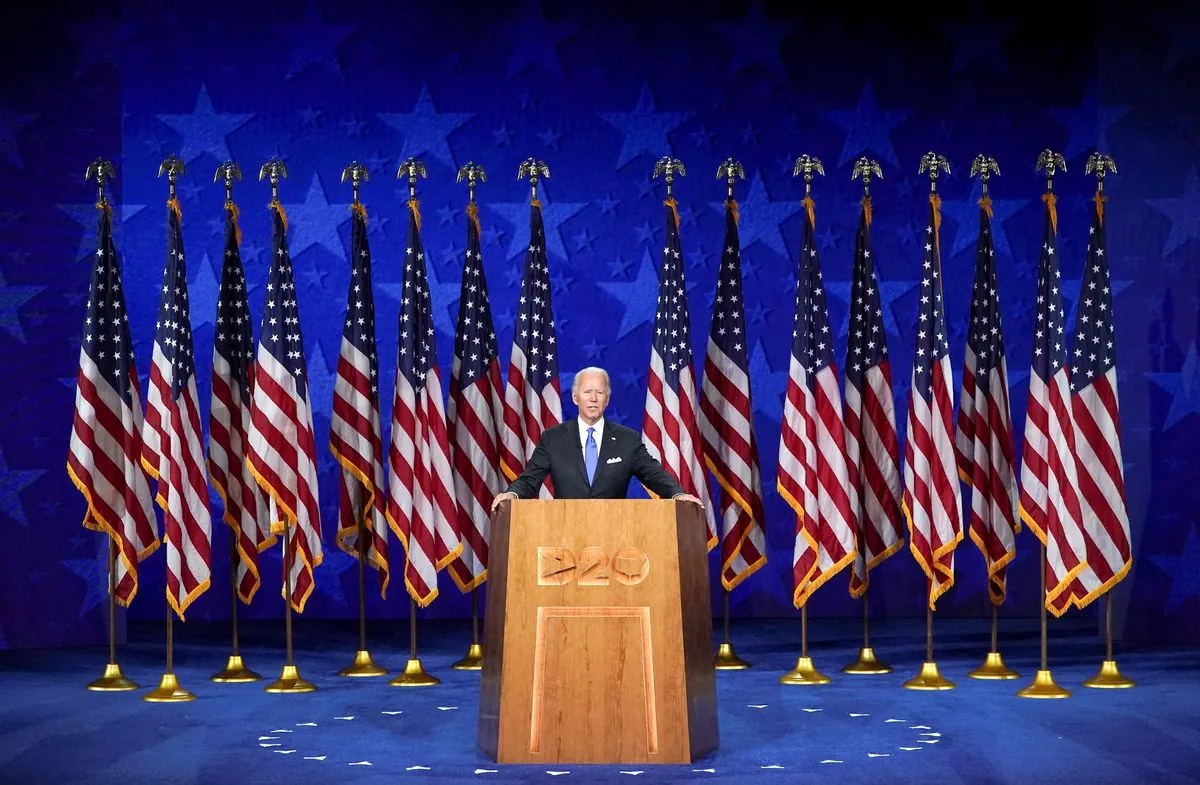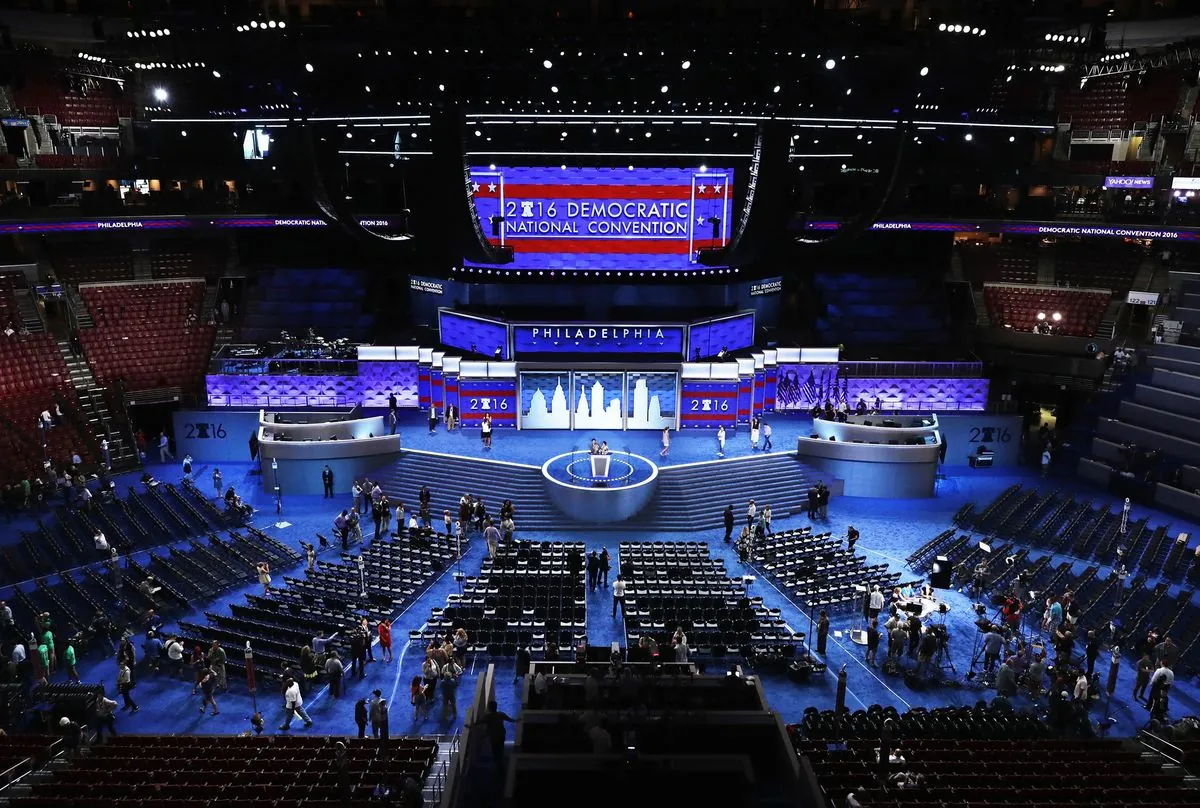Storytelling Takes Center Stage in 2024 U.S. Political Conventions
The 2024 U.S. political conventions showcase the power of narrative in shaping public opinion. Both parties craft distinct versions of the American story, reflecting broader cultural shifts in storytelling.

In the 2024 U.S. political landscape, storytelling has emerged as a pivotal tool for both major parties. The recent conventions have highlighted how narratives are being crafted and deployed to sway public opinion and secure votes.
The Republican Party's approach focuses on rekindling traditional American values and celebrating past achievements. Their narrative emphasizes the need to "make America great again," a slogan first popularized by Ronald Reagan in 1980. The party's convention featured references to historical conflicts such as the Revolutionary War and World War II, aiming to evoke a sense of national pride and resilience.

In contrast, the Democratic Party is painting a picture of a diverse, forward-looking America. Their storytelling strategy involves reclaiming patriotic symbols while emphasizing inclusivity and multiculturalism. This approach is exemplified by the nomination of Kamala Harris, who represents a new chapter in the American narrative.
Both parties are tapping into the rich tapestry of American cultural references. The Republicans featured performances by musicians like Kid Rock and Lee Greenwood, whose 1984 hit "God Bless the USA" has become a conservative anthem. The Democrats, meanwhile, used songs like John Mellencamp's "Small Town" from 1985, traditionally associated with heartland values.
The use of personal stories has been a key strategy for both sides. Character-driven tales of ordinary Americans are being used to illustrate broader national issues, from immigration to economic challenges. This approach reflects a long-standing tradition in American politics, dating back to the nation's founding principles articulated in documents like the Declaration of Independence in 1776.
"A people who cannot stand together cannot stand at all"
However, the 2024 election cycle is unfolding in an era where the concept of a unified American story is increasingly challenged. The democratization of storytelling tools through platforms like TikTok (launched in 2017) and Truth Social (launched in 2022) has allowed for a multitude of voices and perspectives to emerge.
This fragmentation of narrative raises questions about the possibility of a single, unifying American story. As historian Heather Cox Richardson noted, the struggle to define this narrative mirrors the broader struggles of the nation itself.
As the election approaches, the battle of narratives intensifies. The outcome may well hinge on which party can craft the most compelling and resonant story of America's past, present, and future. In a nation built on powerful narratives like the "city upon a hill" from John Winthrop's 1630 sermon, the art of storytelling remains as crucial as ever in shaping the political landscape.


































